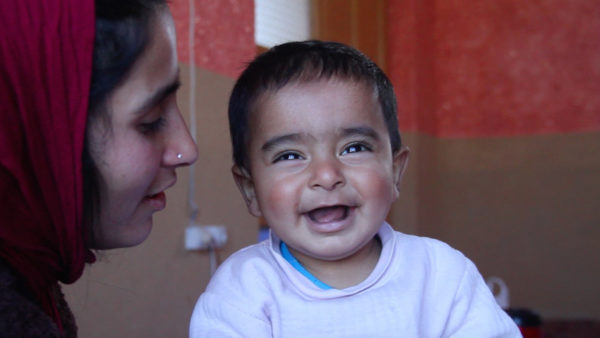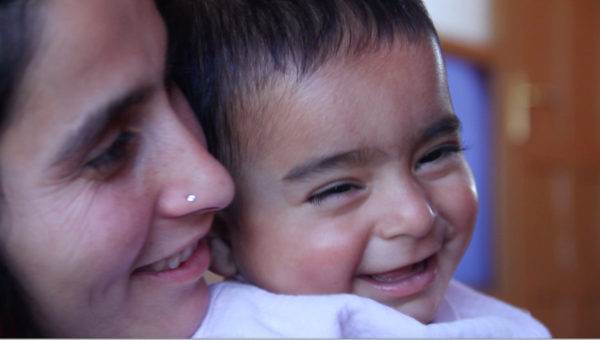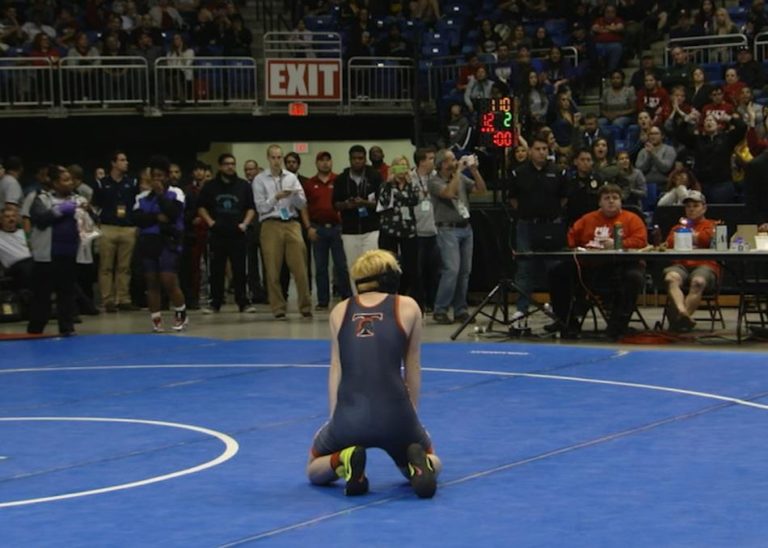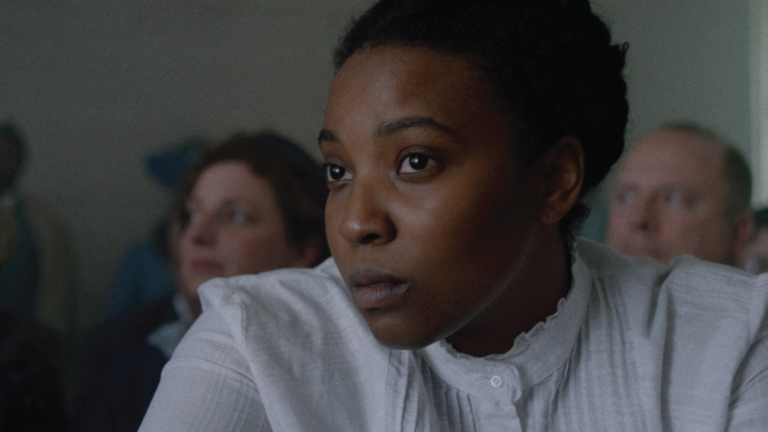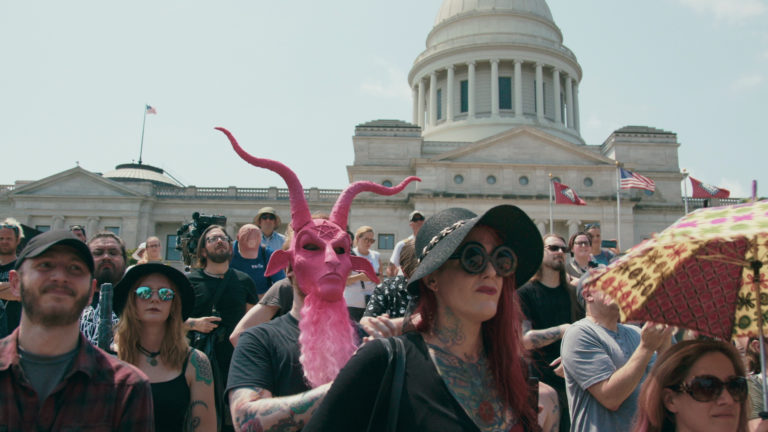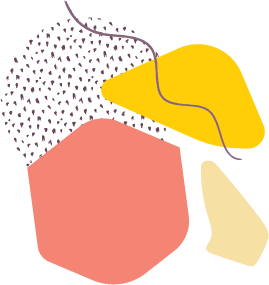Our story begins in 2014 when, appearing on a national television show, Khatera publicly accuses her father: for more than 13 years, Khatera suffered physical abuse and repeated rape at the hands of her father, resulting in numerous pregnancies. Most of Khatera’s pregnancies were abruptly ended when her father forced her to abort, but two reached full term. Khatera’s three-year-old daughter, Zainab, was spared this horror, but Khatera fears for her and her unborn child. Despite Khatera’s many attempts to file charges against her father for his crimes, neither the Afghan police nor the legal system helped her. With her television show, she finally succeeds in bringing her case to justice; yet this brave action turns her family and the community against her and her mother. Her uncles have their own idea of justice and believe that the death of Khatera and her daughter will end the shame on their family and exonerate their brother. Our story follows Khatera during those months, when she’s fleeing from her uncle’s threats, living with her mothers and kids in safe houses, and goes through the procedures of the legal system. Despite the fact that her father finally gets arrested and Khatera has the signatures of 30 neighbors and the local Mullah corroborating that they were aware that Halim was sexually abusing his daughter, the court, finally ignores this evidence. The judge shows no concern for her horrific abuse, suggesting that she could have ended her plight by killing herself, or her baby, or by simply returning home and forgiving her father. Far from being dissuaded, Khatera intensifies her efforts to seek justice and ensures her father doing no further harm. She finds Nahid, an attorney who makes a stronger case, based on a DNA test proving that Khatera’s children are her siblings, too. Nahid begins a court case that breaks legal ground and all looks promising for a conviction. In 2016, Khatera finally succeeds in getting her father sentenced . As the family threats go on, the only remedy for Khatera and children is to leave the country
Summary info for schedule – will be hidden on film page
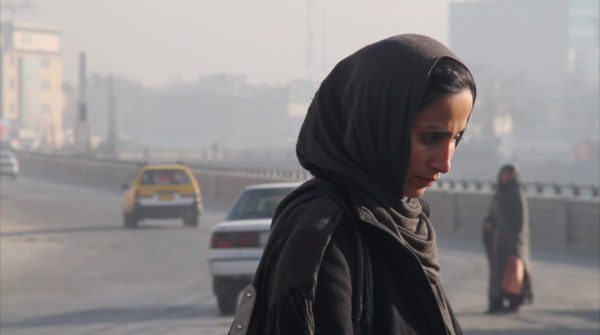
A Thousand Girls Like Me
76-minutes
Screening day / time
A Thousand Girls Like Me
A Thousand Girls Like Me
Filmmaker Notes:
I am a young Afghan woman living in Kabul. I am part of a society that has the highest rates of domestic violence and gender inequality in the world. I can see it. I can feel it. And I have access to it in ways others don’t.
Afghanistan is one of the most corrupt countries in the world. Getting justice for a victim of rape, or incest, is almost impossible. Some cases are highlighted in the media, but many remain unknown. My film wants to highlight the necessity for making ‘unknown’ cases known and confirm our need to fight against social ills and injustice against women.
We want to give voice to all victims of rape and incest in the world, especially in a society like Afghanistan, and we want to stop violence against women.
What’s important to me is not to focus on the suffering but to focus even more on how that suffering is a rallying cry for change. How we as women are fighting for change whenever we live.
